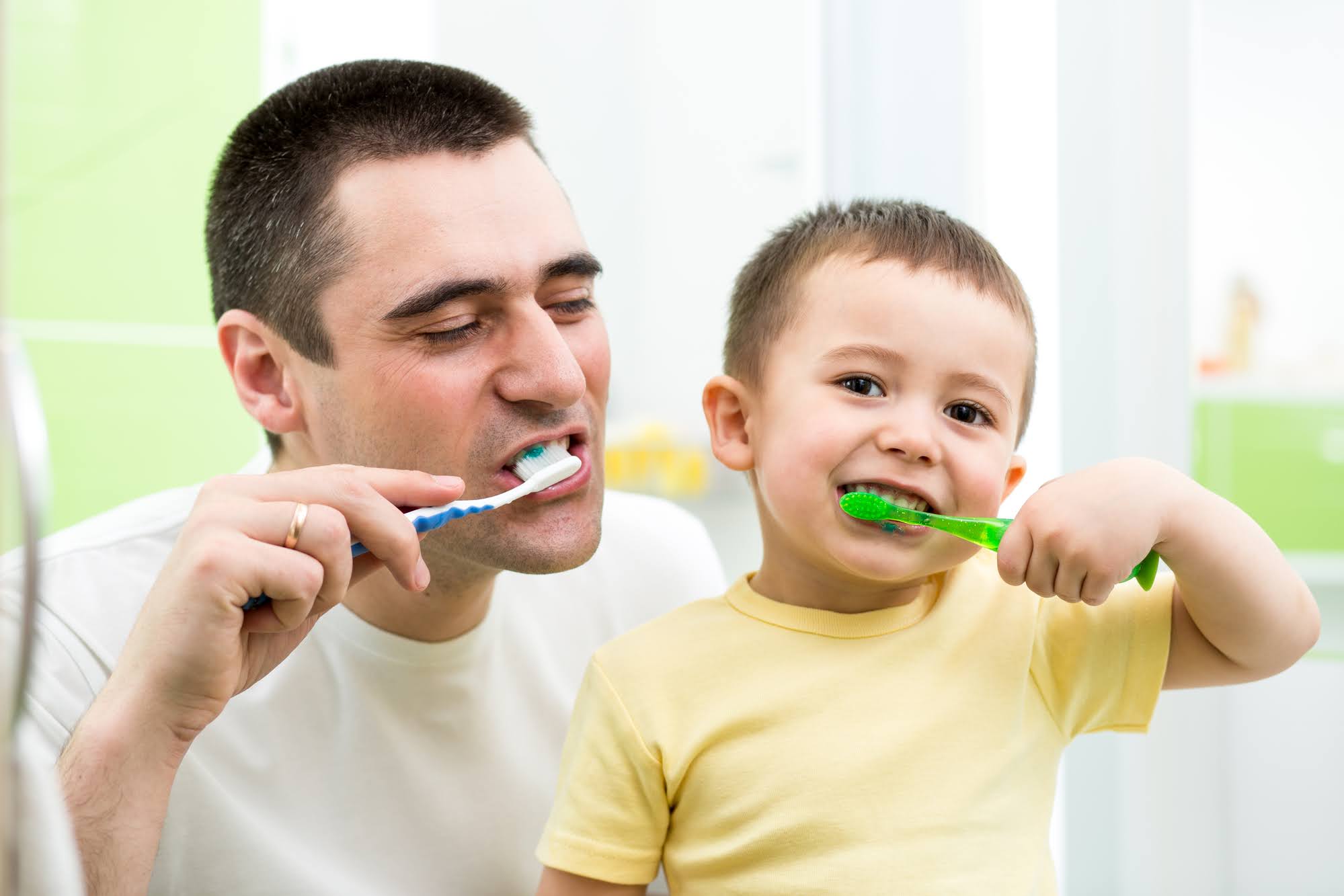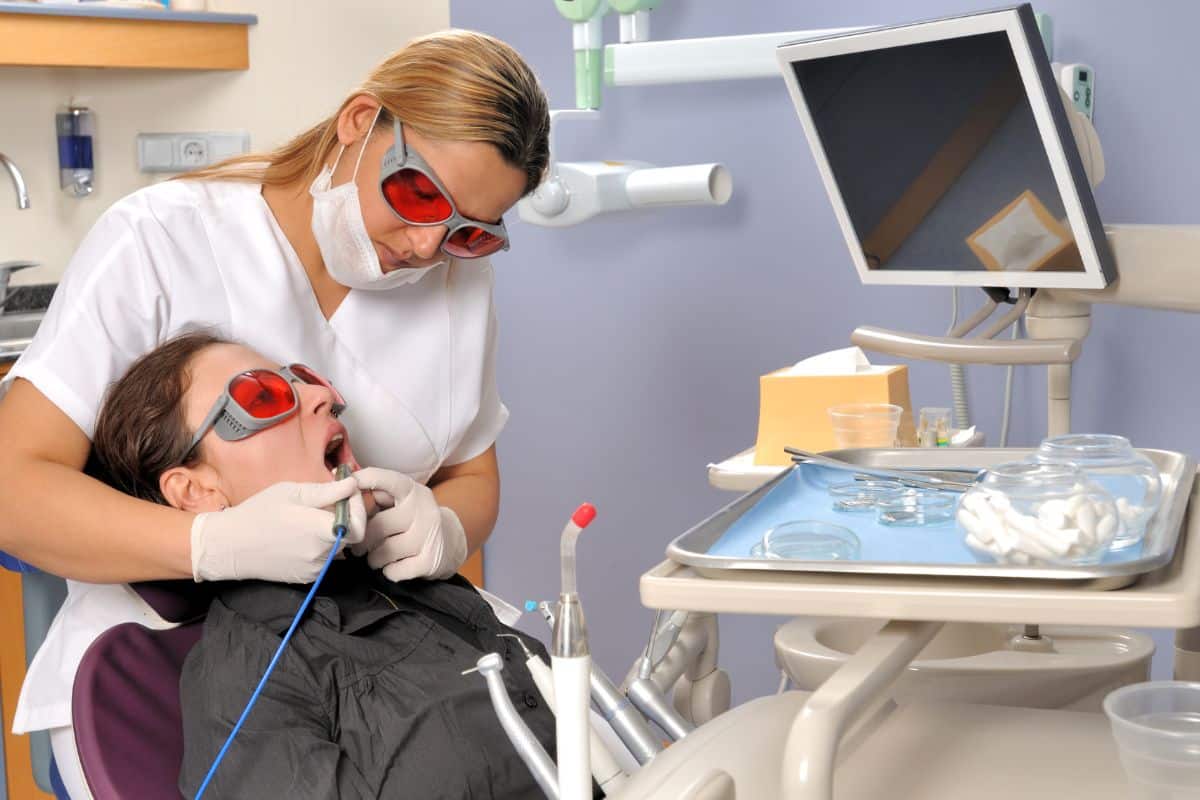Caring for your child’s teeth from an early age is crucial. You set the stage for lifelong health by prioritizing early dental care. Children need regular check-ups. These visits catch problems early, preventing pain and costly treatments later. Tooth health impacts more than just smiles. It affects speech, self-esteem, and overall well-being. You might see ads for services like Montebello teeth whitening. But remember, healthy habits start with the basics like brushing and flossing. You should make dental visits a regular routine, not just a reaction to problems. Choose a caring dentist who knows how to work with kids. Early care fosters trust and reduces anxiety. Your child’s confident smile tomorrow reflects the care you give today. Ultimately, investing in early dental care is an act of love and responsibility. Prioritizing this care ensures a strong foundation for your child’s health and happiness.
The Basics of Early Dental Care
As soon as the first tooth appears, start brushing your child’s teeth twice a day. Use a small toothbrush with soft bristles. Parents should apply just a rice-sized amount of fluoride toothpaste. By age three, you can increase this to a pea-sized amount. Encourage your child to spit out the toothpaste but avoid rinsing with water. It helps to leave fluoride on the teeth for a while. Fluoride strengthens teeth, reducing the risk of cavities.
Regular Dental Visits
According to the Centers for Disease Control and Prevention (CDC), children should visit the dentist by their first birthday. These early visits help catch potential issues and set up a routine of prevention. You can find tips on preparing your child for dental visits at the American Academy of Pediatric Dentistry (AAPD). These resources help you make the experience less stressful for both you and your child.
Common Dental Issues and Prevention
Dental problems in children usually involve cavities and tooth decay. Catching these early can prevent issues later. Here are three common issues and how to prevent them:
- Cavities: Regular check-ups and proper brushing reduce the risk.
- Tooth decay: Balanced diets and avoiding sugary drinks help prevent decay.
- Misaligned teeth: Early visits identify and address alignment issues.
Comparison of Dental Check-up Recommendations
| Organization | Age for First Visit | Frequency of Check-ups |
|---|---|---|
| CDC | By first birthday | Every six months |
| AAPD | By first tooth or first birthday | At least once a year |
Impact of Poor Dental Health
Poor dental health affects more than just teeth. Children with dental issues can experience pain and difficulty eating. It can also lower their quality of life and affect their educational performance. Children with healthy teeth are more confident and engage more in school and other activities.
The Role of Diet
A balanced diet supports dental health. Limit your child’s intake of sugary snacks and drinks. Fruits, vegetables, and dairy products support strong teeth and gums. Encourage water as the drink of choice. Water helps wash away food particles and keeps the mouth clean.
Teaching Good Dental Habits
Start teaching dental habits early. Make brushing a fun activity. Sing songs or use timers to ensure proper brushing time. Encourage flossing once your child has two teeth that touch. These habits become routine and carry into adulthood.
Conclusion
Early dental care is an essential part of your child’s overall health. Regular check-ups, proper cleaning habits, and a healthy diet contribute to strong teeth. By investing in early care, you set a foundation for a lifetime of oral health. Be proactive and ensure your child has the support needed to maintain a healthy smile.





